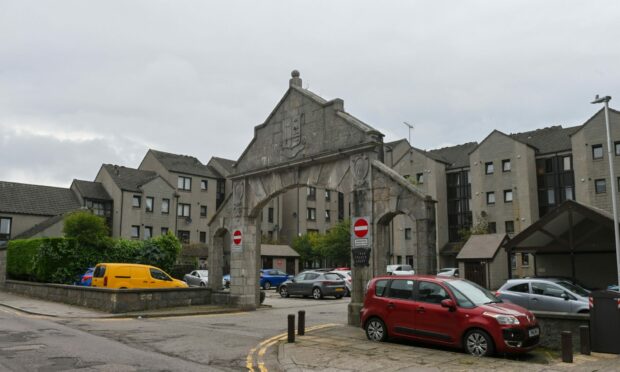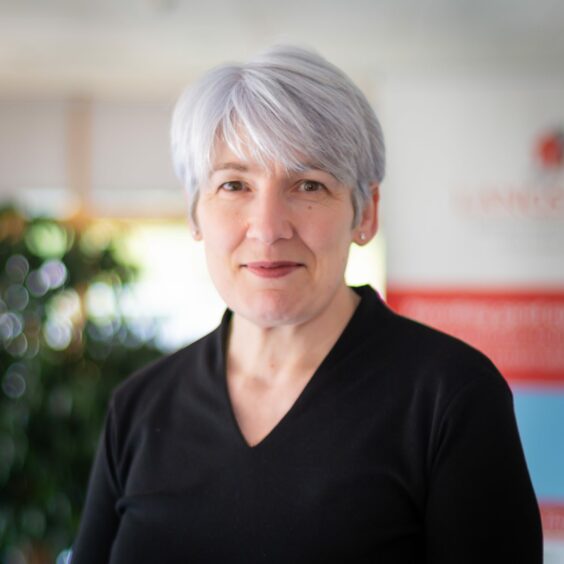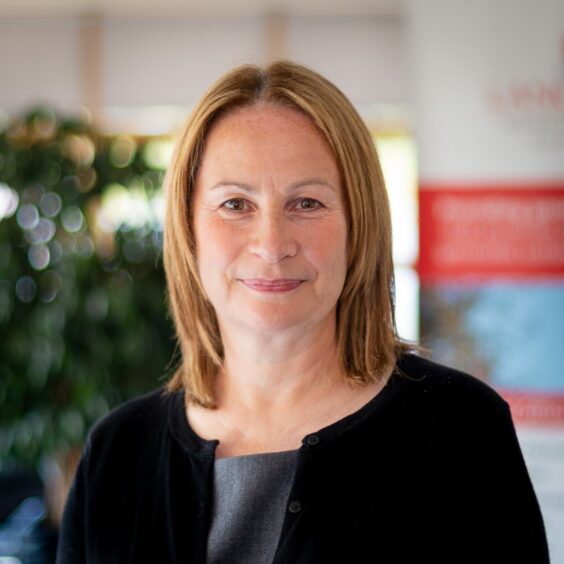Residents of a north-east housing association who felt they had no option but to turn off their gas heating will benefit from new funding.
Langstane Housing Association in Aberdeen has been awarded £61,000 to assist tenants struggling with spiralling energy costs.
Previously the boss of the housing association Helen Gauld told The Press and Journal that more than a hundred residents had applied to have their gas supply “capped” in a desperate attempt to save cash.
The housing association, which has thousands of residents in Aberdeen, Aberdeenshire and Moray, said 104 had asked their energy supplier to cut off the gas in August.
The funds awarded will be used to uncap gas supplies, clear meters which are currently capped, fund help for tenants who are struggling with utility bills via fuel vouchers and provide advice to tenants, Langstane said.
Support for tenants
The advice will be delivered in partnership with Scarf, the Aberdeen social enterprise that specialises in free and impartial energy-saving advice to help people lower their fuel bills and carbon emissions.
Scarf delivers the Home Energy Scotland (HES) service in the north-east, covering the Aberdeen, Aberdeenshire and Moray Council local authority areas.
Judith Sutherland, director of housing said securing the funding meant it can “help our tenants during the current cost of living crisis”.
She added: “We understand the pressure our tenants are under right now and we are delighted to be able to offer practical support during these difficult times.
“We will continue to support our tenants in any way we can as we face soaring energy prices and the cost-of-living crisis.”
Where did the funding come from?
The cash was provided by Social Housing Fuel Support Fund, a £2 million pot provided by the Scottish Government and managed and administered by the Scottish Federation of Housing Associations (SFHA).
It aims to provide practical support to social landlords’ tenants in order to help them to manage, or reduce, their fuel costs.
Langstane was founded in 1977 and mainly supports 4,215 people, most of whom live on their own, although they also support a number of families.



Conversation